A weak car battery can leave you stranded at the worst possible moment. If you find yourself in this situation, you might wonder how far you really need to drive to fully recharge your battery. In this blog, we’ll discuss the key factors that determine the distance required to charge a car battery and how you can optimize your driving for better results.
How the Charging System Works
Overview
Understanding how your car’s charging system works is crucial. When your car is running, the alternator generates electricity to power the vehicle’s electrical systems and recharge the battery. This dual function is vital; while you’re driving, the alternator replenishes the battery’s charge, ensuring it remains ready for use when you start your vehicle again.
Distance and Speed Impact
Distance and speed are key factors in how effectively your battery recharges while driving. Longer trips at consistent speeds, like those on highways, are ideal for charging your battery. At highway speeds, the alternator operates efficiently, generating more electricity and directing a substantial amount of that power back to the battery. In contrast, stop-and-go driving conditions found in urban environments provide minimal time for the battery to charge, making longer trips crucial for recharging.
Key Variables that Affect Charging Distance
Battery Age & Condition
The age and condition of your battery play a significant role in how far you need to drive to achieve a full charge. Newer batteries charge more efficiently than older ones, which may have reduced capacity due to wear and tear over time. If your battery is nearing the end of its lifespan, you might find that it takes longer to recharge, requiring you to drive farther to get it back to optimal levels.
Trip Duration
The duration of your trip also impacts how much charge your battery receives. Short trips, especially those that last less than 20 minutes, may not provide enough time for the alternator to fully recharge the battery. Ideally, you want to aim for longer drives—preferably over 30 minutes—where the engine runs consistently, allowing the alternator to work effectively. If you frequently take short trips, consider planning longer drives to help maintain your battery’s health.
Electrical System Usage
The electrical load in your vehicle can also influence how far you need to drive to recharge the battery. Using accessories like air conditioning, headlights, and the radio draws power from the battery, which can slow down the charging process. To optimize battery charging, limit the use of electrical components while driving, especially during the initial charging period after starting your car.
Recommended Driving Distances
Ideal Conditions
In ideal conditions—meaning steady highway driving without excessive electrical load—roughly 30 to 45 minutes of driving can significantly recharge a battery that’s partially drained. For a more substantial recharge, consider driving around 50 to 100 kilometers (30 to 60 miles) at highway speeds, as this allows the alternator to deliver enough power to restore your battery’s charge effectively.
Suboptimal Conditions
However, if you find yourself driving in stop-and-go traffic or taking short trips, it could take much longer to recharge your battery. In these suboptimal conditions, you may need to drive for a few hours or even longer to achieve the same level of charge you would get from a shorter, steady highway drive. This is why consistent, longer trips are essential for maintaining battery health.
When Driving Isn’t Enough
If you notice that your battery consistently struggles to hold a charge, it’s a sign that you may need professional help. Frequent issues with battery charging can indicate underlying problems with the battery itself or even the alternator. Ignoring these signs can lead to unexpected breakdowns and inconvenience.
XBR Solutions
At Express Battery Replacement (XBR), we offer comprehensive battery health checks and on-the-spot replacements. Our expert technicians can assess your battery’s condition and recommend the best course of action, whether that’s a quick recharge or a complete replacement. Our services are available 24/7, so you can count on us to get you back on the road in no time.
Conclusion
Understanding the factors that affect how far you need to drive to recharge your battery can help you avoid unexpected breakdowns and keep your vehicle running smoothly. For consistent reliability and expert assistance, reach out to XBR. We’re here to ensure that your battery stays charged and your car remains in peak condition. Don’t take chances with your battery—let us help you keep it in top shape!



